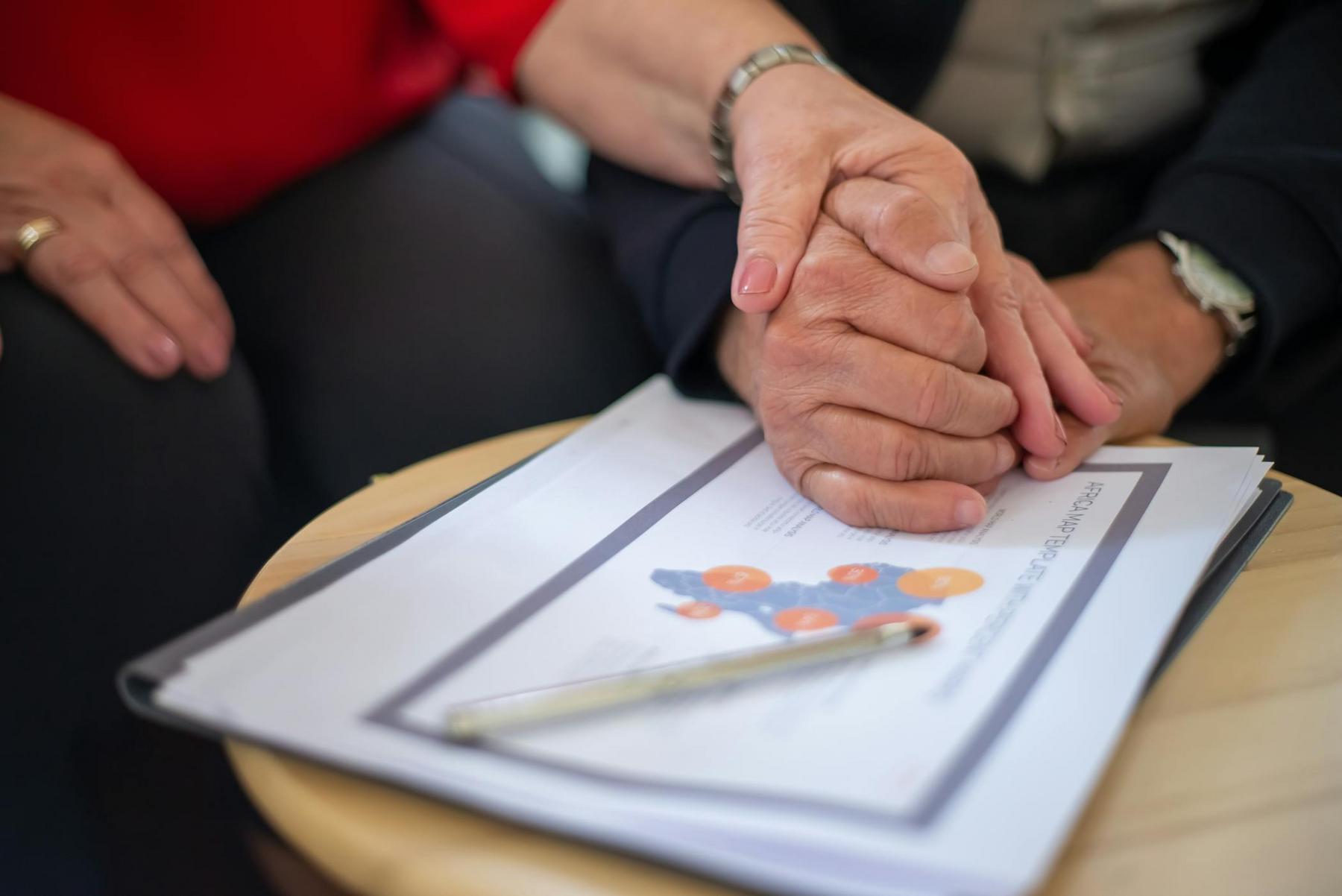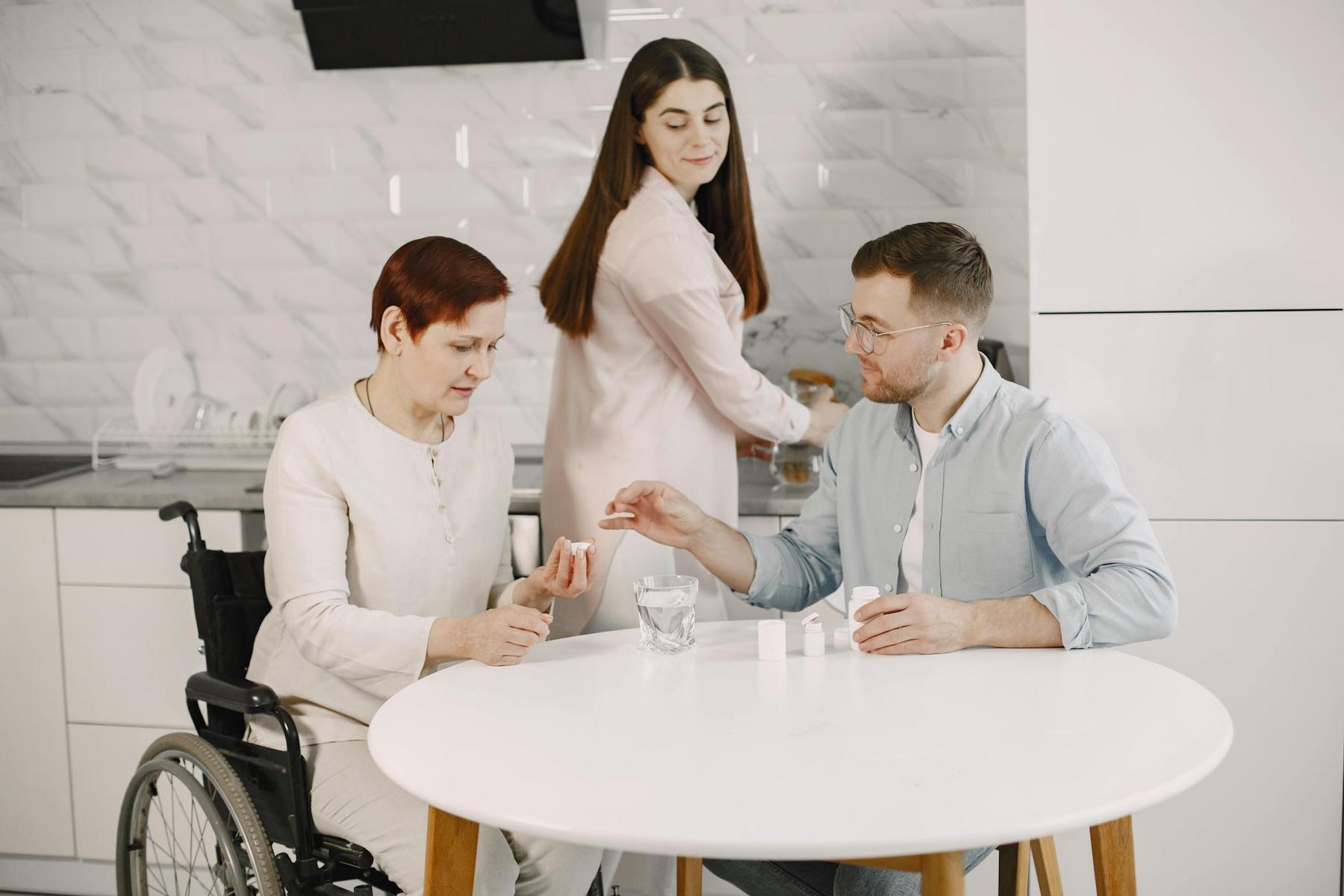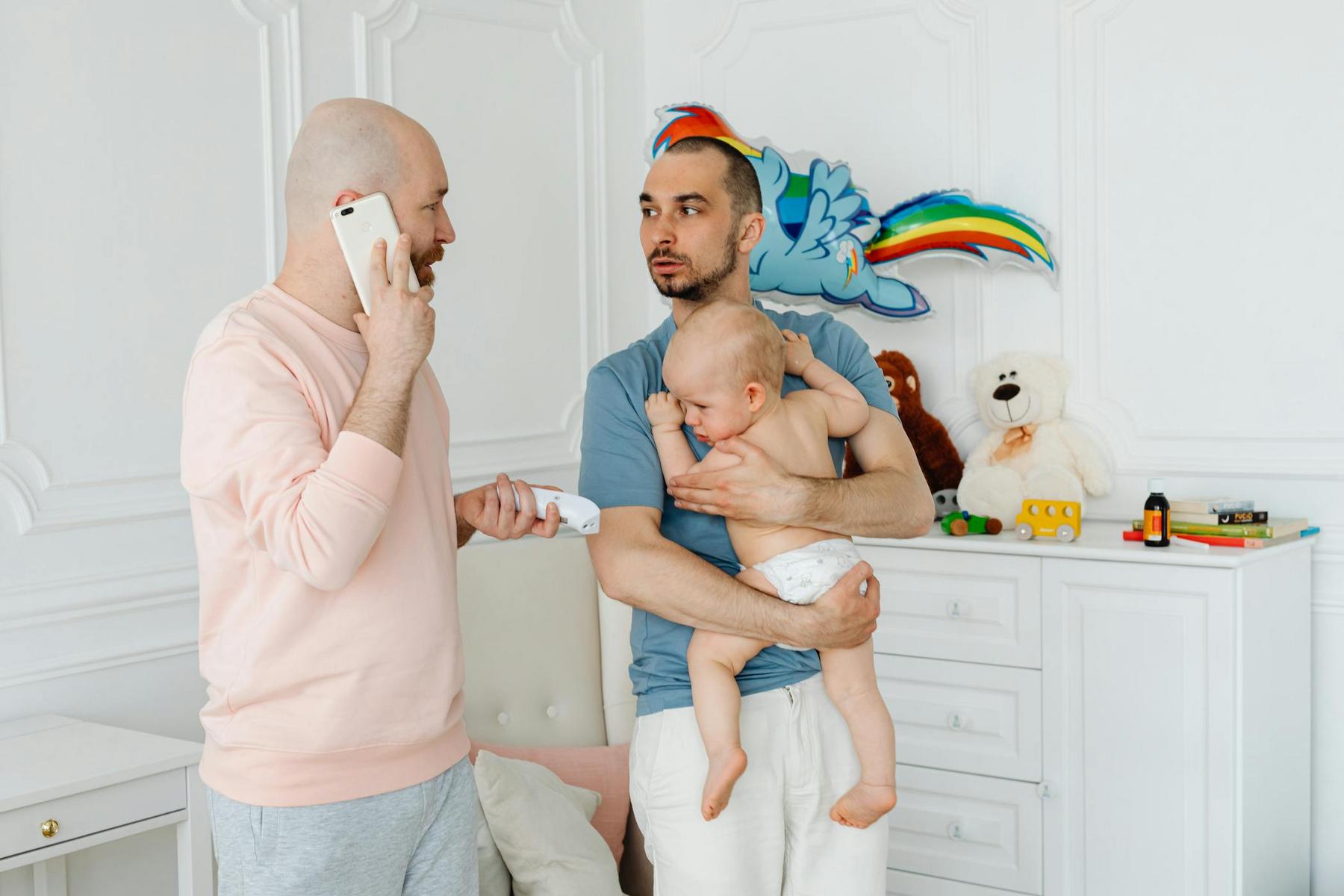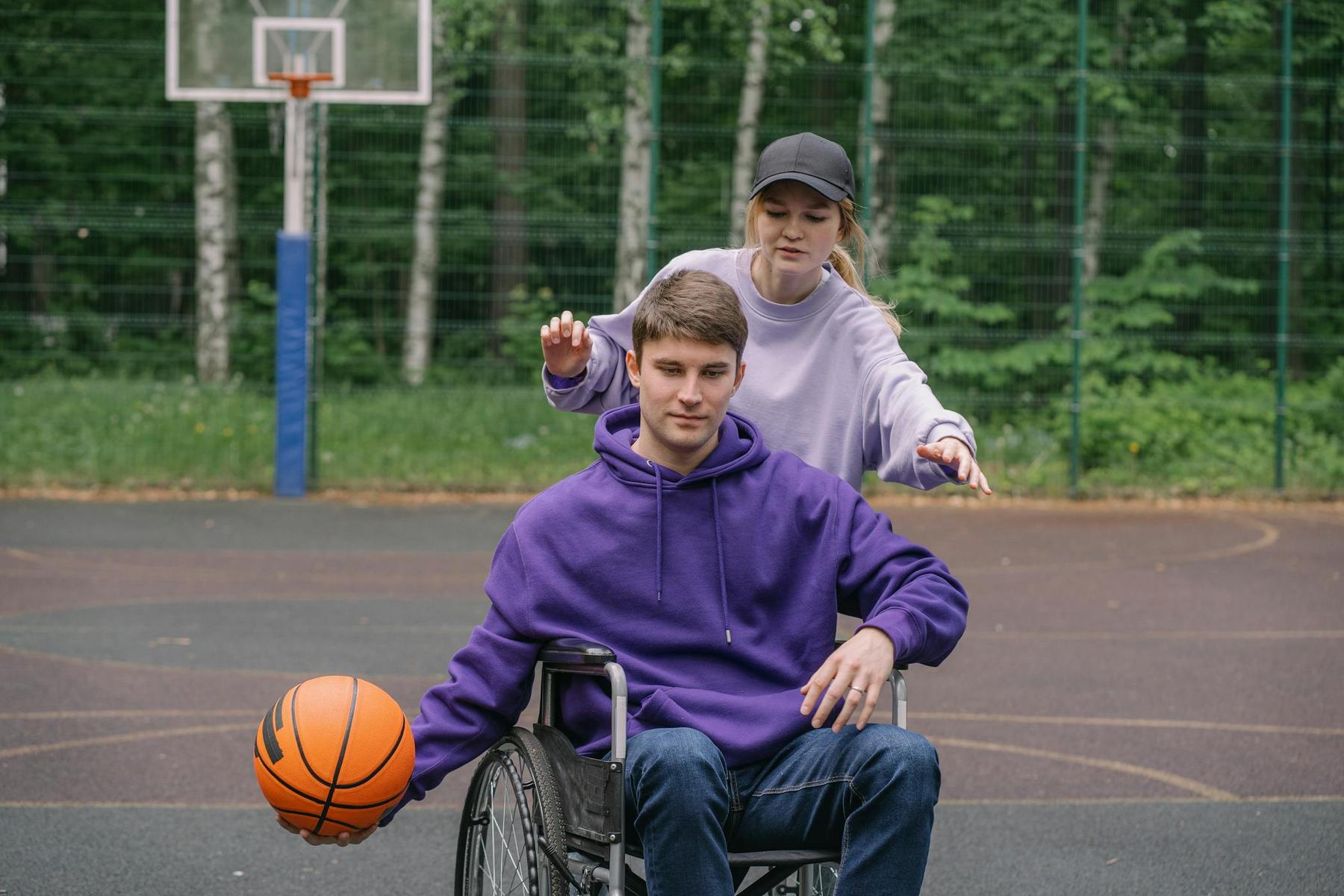Arriving in a new country brings hope, opportunity, and often, unexpected challenges. For new migrants living with disabilities—or caring for family members with disabilities—navigating Australia’s disability support system can feel overwhelming. The language is unfamiliar, the processes complex, and the cultural understanding of disability may differ significantly from your home country. Yet access to the National Disability Insurance Scheme (NDIS) can be transformative, providing the support needed to build a fulfilling life in Brisbane or Cairns. Understanding your rights and the pathways available is the first step towards accessing the disability support services you deserve.
What Is the NDIS and Can New Migrants Access It?
The National Disability Insurance Scheme (NDIS) is Australia’s method of providing funding for people with permanent and significant disabilities. It supports individuals in achieving their goals—whether that means living more independently, participating in community activities, or accessing essential daily support.
The good news: new migrants can access the NDIS, but specific residency criteria must be met.
To be eligible for NDIS support, you must be an Australian citizen, hold a permanent visa, or hold a Protected Special Category Visa. This means that while temporary visa holders typically cannot access the scheme, permanent residents—including many humanitarian entrants and family reunion visa holders—can apply once they’ve established their residency status.
Beyond residency, you’ll need to meet additional criteria: be under 65 years of age when you first apply, live in Australia where the NDIS operates, and have a disability that significantly affects your ability to undertake everyday activities. The disability must be permanent or likely to be permanent.
How Do I Start the NDIS Application Process as a New Migrant?
Beginning your NDIS journey starts with an Access Request Form, but for new migrants, several preliminary steps can strengthen your application significantly.
First, register with Medicare. Medicare is Australia’s public health system, and having a Medicare card makes accessing health services and gathering medical evidence much easier. Most permanent residents are eligible for Medicare immediately upon arrival.
Second, connect with a General Practitioner (GP). Your GP becomes a crucial partner in your NDIS application. They can provide medical reports, refer you to specialists, and document how your disability impacts your daily life. If you’ve arrived through humanitarian programs, you should have received an initial health assessment—these records can form valuable evidence for your NDIS application.
Third, gather all existing medical documentation. This includes any diagnoses, treatment records, or assessments from your home country. Having these documents translated by a NAATI-certified translator ensures they’ll be accepted as part of your evidence.
The application involves completing the Access Request Form, which asks about your disability, how it affects you, and what evidence you can provide. The NDIS offers this form in multiple languages, and you have the right to use an interpreter throughout the process—a service provided free of charge.
Many new migrants benefit from working with support organisations that specialise in assisting culturally and linguistically diverse (CALD) communities with NDIS applications. These organisations understand both the NDIS system and the unique barriers migrants face.
What Evidence Do I Need to Prove My Disability for NDIS Eligibility?
Evidence requirements represent one of the most significant hurdles for new migrants seeking disability support. The NDIS requires documentation that demonstrates both the existence of your disability and its functional impact on your life.
Medical evidence forms the foundation of your application. This includes formal diagnoses from Australian healthcare professionals, specialist reports, and assessments that detail your condition. The NDIS does accept evidence from overseas, provided it’s been professionally translated into English. Hospital records, specialist reports, and diagnostic assessments from your home country all carry weight, particularly when they establish the permanency of your condition.
Functional assessments prove equally important. These documents explain how your disability affects your ability to perform everyday tasks—personal care, communication, mobility, or social interaction. Occupational therapists, physiotherapists, or other allied health professionals can provide these assessments.
For migrants from humanitarian backgrounds, gathering comprehensive evidence can be particularly challenging due to disruptions in medical care and lost documentation. In these cases, the NDIS may arrange assessments with Australian health professionals, although this can extend the application timeline.
Understanding NDIS Language and Cultural Barriers: What Support Is Available?
Language barriers shouldn’t prevent you from accessing disability support. The NDIS provides free interpreting services throughout every stage of your journey—from initial enquiries through to plan reviews.
Professional interpreters can attend all your NDIS meetings. Whether you’re discussing your application, attending your planning meeting, or reviewing your plan, you can request an interpreter in your preferred language. The NDIS partners with the Translating and Interpreting Service (TIS National), which offers interpreters in over 160 languages.
Key NDIS documents are available in multiple languages. Information sheets, guides, and even the Access Request Form can be found in various languages such as Arabic, Simplified Chinese, Vietnamese, and Persian, ensuring you understand the process and your rights in a language that’s comfortable for you.
Cultural understanding is equally important since different cultures conceptualise disability differently. Support organisations specialising in multicultural communities can bridge these cultural gaps. They offer culturally appropriate information, help navigate the NDIS system, and connect you with support coordinators who understand your cultural context.
What Happens After My NDIS Application Is Approved?
Once the NDIS approves your Access Request, you’ll receive an invitation to a planning meeting that shapes your NDIS plan and determines the funded supports you’ll receive.
Your planning meeting explores your goals and support needs. The NDIS planner will ask about your daily life, your aspirations, and what assistance would help you achieve those goals. For new migrants, this might include support addressing both your disability and settlement challenges, such as community participation initiatives or help accessing local services.
You can bring a support person to this meeting—be it a family member, a support worker from a settlement service, or a representative from a multicultural organisation.
Your NDIS plan will outline funded supports across three budget categories:
- Core Supports: Daily living assistance and essential supports (e.g., personal care, transport assistance, consumables)
- Capacity Building: Supports that build independence and skills (e.g., life skills development, therapeutic supports, support coordination)
- Capital Supports: Equipment and home modifications (e.g., assistive technology, vehicle modifications, home accessibility improvements)
After receiving your plan, you determine how to manage it—whether through the NDIS, a plan manager, or self-management. Many new migrants find plan management beneficial as it allows for financial administration support while maintaining control over provider choice.
Finding Culturally Appropriate Disability Support Providers in Brisbane and Cairns
Selecting disability support providers who understand your cultural background and language needs is crucial to effective support.
When choosing providers, consider these factors:
- Experience in supporting CALD communities and employing staff who speak your language or understand your cultural background.
- A person-centred approach that respects cultural values, religious practices, and family structures.
- Local knowledge of community resources, transport options, and settlement services in Brisbane and Cairns.
Support coordination can be invaluable. A support coordinator helps you understand your NDIS plan, connects you with appropriate providers, and ensures coherent service delivery across supports. Many coordinators specialise in working with CALD participants, bridging cultural and systemic gaps.
Building Your Support Network Beyond the NDIS
While NDIS funding provides essential disability support, building a broader support network is crucial in your new home.
Settlement services offer practical assistance in areas like housing, employment, education, and community connection. They work alongside NDIS supports to create comprehensive assistance for new migrants.
Community groups and cultural associations help reduce isolation and provide practical insights into living in Queensland, particularly through programmes tailored for members with disabilities.
Advocacy services protect your rights. If you face challenges with your NDIS plan or providers, independent advocacy organisations provide free support to help resolve issues.
While family and informal supports are important, professional services can work in tandem to reduce caregiver stress and enhance support quality.
Your Rights and Protections Under the NDIS
Understanding your rights ensures you receive the quality support you deserve. As an NDIS participant, you have the right to:
- Choose your providers: No one can force you to use specific providers, and you can change providers if dissatisfied.
- Be treated with dignity and respect: This includes respect for your cultural values, religious practices, and communication preferences.
- Complain and seek resolution: If issues arise, multiple avenues exist, including the NDIS Quality and Safeguards Commission and advocacy organisations.
- Access information in your language: Important documents can be translated, and interpreters can assist throughout your journey.
For new migrants, these rights may seem challenging to assert due to cultural differences, but they are essential to ensuring quality support.
Moving Forward: Your Path to Disability Support in Brisbane
Accessing disability support as a new migrant in Brisbane or Cairns requires persistence, but receiving supports that enable you to live the life you choose makes the effort worthwhile. Each step—from understanding your eligibility and building your support team to navigating cultural and language barriers—brings you closer to independence and fuller community participation.
Remember, you are not alone. Thousands of migrants navigate the NDIS successfully each year with the help of settlement services, multicultural organisations, advocacy groups, and experienced disability providers.
Your migration journey has demonstrated resilience and courage. Accessing disability support represents another step in building your new life in Queensland—one that you are fully capable of taking.
Can I apply for the NDIS if I’m still waiting for my permanent visa to be approved?
Unfortunately, you must hold a permanent visa, Australian citizenship, or a Protected Special Category Visa before you can apply for NDIS support. Temporary visa holders, including those on bridging visas whilst awaiting permanent residency, cannot access the scheme. However, you can prepare for your application by gathering medical evidence and connecting with healthcare providers, so you’re ready to apply immediately once your permanent visa is granted.
How long does the NDIS application process take for new migrants?
The timeframe varies considerably depending on the complexity of your case and the evidence available. The NDIS aims to make access decisions within 21 days of receiving all required evidence. For new migrants, gathering comprehensive evidence often takes longer—particularly if documents need translation or if you require new assessments from Australian health professionals. Working with a support organisation that assists CALD communities can help streamline the process.
Will my NDIS supports help me learn English or find employment?
NDIS funding focuses specifically on supports related to your disability, not general settlement needs like English language classes. However, your NDIS plan can include capacity building supports that develop skills for independence, including communication support if your disability affects your ability to communicate. For employment, the NDIS can fund employment-related supports if your disability creates barriers to work. Settlement services and adult migrant English programs address general language and employment needs outside the NDIS.
What if my NDIS application is rejected? Can I appeal as a new migrant?
Yes, you have the same appeal rights as all applicants. If your Access Request is declined, you can request an internal review of the decision within three months. The NDIS will reconsider your application, and you can provide additional evidence. If the internal review doesn’t succeed, you can appeal to the Administrative Appeals Tribunal. Advocacy organisations can support you throughout this process, and interpreter services remain available at every stage.



